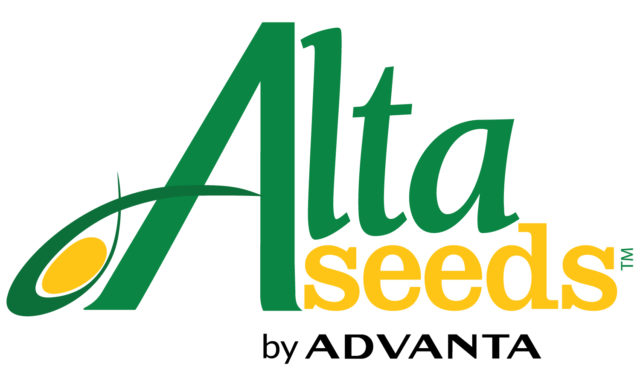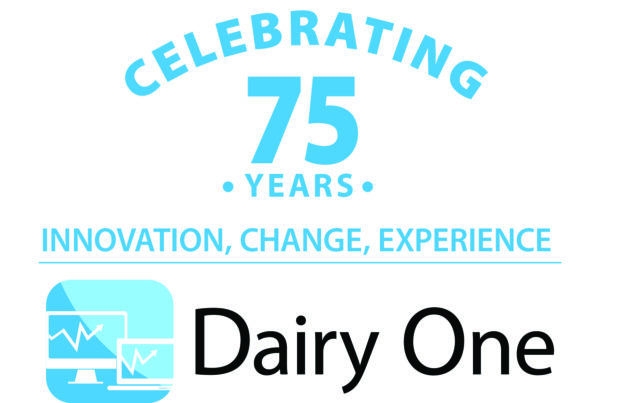After the third round of the World Series, our favorite (or is it least?) folks over at PETA proposed that Major League Baseball change the name of the “bullpen” to “arm barn” to “liberate the language of baseball.” These sorts of proposals are common for PETA; you see them in national publications and small-town newspapers alike. Press releases requesting that the mayor of Caldwell, Idaho, change the name of Chicken Dinner Road are funny, but they are also low-key infuriating. To me, changing these names is like erasing history. Fortunately, it’s rare for a change to occur, but it does keep PETA in the headlines – which, I guess, is their purpose.
Animal activists aside, these kinds of requests bring to light the history behind the words we use. The term bullpen evolved because in the early years of major league baseball, a giant bull-shaped Bull Durham Tobacco billboard was on the outfield wall in almost every ballpark. Pitchers warmed up in the shadow of the bull, so players began referring to it as the bullpen.
It’s fascinating how much agriculture impacts our speech. A couple of years ago, I wrote a blog on idioms about farm animals and how our language has evolved to include so many farming terms, like the bullpen. But where did all this farmyard language start? Sometimes the explanation is specific, like with the bullpen. But, often, we don’t know where it began. It simply evolved from the language we use, and farmers have a knack for interesting language. We are clever with expressions and comparisons, and we exaggerate and stretch grammar rules until it feels ... well, right.
I like to use “move water” rather than a more technical term for that specific chore. It feels natural to me. I say it during the summer, but with a bit of acid because it’s a chore I despise. I use move water as a verb: “I need to move water before I go to the football game.” It is the act of physically moving sprinkler irrigation pipe to the next set in the field. Or, if one practices flood irrigation, it might be moving the siphon tubes or opening the next set of the gated pipe, but in that case, I more often hear “change water.” Maybe one day, move water won’t just refer to this specific chore but any chore that needs doing daily that we don’t like. That is how language evolves.
What about the word “harvest?” How do you use it? To the average English reader, they’d probably consider it a verb, as in “The farmer will harvest the grain.” But I rarely use it that way. Harvest, to me, is a noun. It refers to that specific point in time, not the act of doing what is done at that specific point in time. I might ask a friend, “Are you working harvest this year?” I would not ask her if she was harvesting this year. It just wouldn’t make sense in the language our community has created. Language again is evolving.
What about you? What interesting farming language and expressions do you use? Have they evolved into the wider world yet? Do you think they will?












